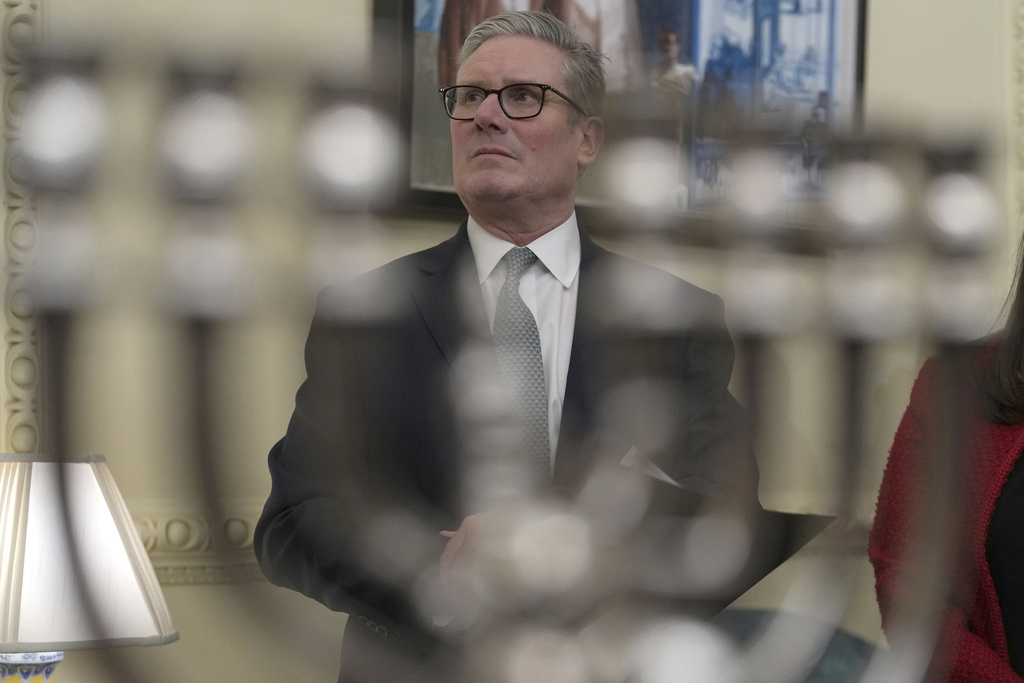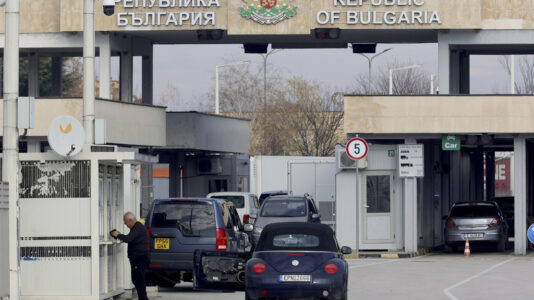Britain’s Labour Party, led by Prime Minister Sir Keir Starmer, is facing mounting criticism from voters, with fresh polling by YouGov for The Times newspaper painting a grim picture of the government’s performance and public sentiment.
Descriptions of Labour as “incompetent,” “dishonest,” and “unsuccessful” have become prevalent among a majority of respondents, with only 12 percent of voters considering the government a success so far.
Labour’s once-strong lead on economic trust has dissipated, with just 21 percent of voters now favoring the party on economic management compared to 24 percent for the Conservatives. This marks a significant reversal from last year when Labour held a nine-point advantage. Economic dissatisfaction is widespread, with 71 percent of respondents expressing a negative view of the government’s handling of the economy, up from 4 percent earlier.
📊 POLL: How the govt is handling the economy in the UK (30 Dec)
✅ Well 16% (-2)
❌ Badly 71% (+2)
(+/- versus 23 Dec)
Buyers’ remorse for the British electorate. We are all picking up the tab for this awful Labour govt. 🔖 pic.twitter.com/bXmu42bNFY
— Anthony Boutall (@anthonyboutall) January 2, 2025Labour’s own voter base is increasingly disillusioned. Among those who backed the party in last year’s general election, 46 percent now feel disappointed, and only 34 percent believe the party has performed well. Starmer’s personal approval ratings are similarly faltering, with 42 percent of Labour voters expressing dissatisfaction with his leadership.
The emergence of Reform UK, led by Nigel Farage, poses a significant challenge to the traditional two-party system. Farage’s party is gaining traction on key issues like immigration, where it leads with 30 percent of voter trust compared to Labour’s 17 percent. Recent Ipsos polling shows Farage enjoying the highest favorability rating among political leaders, surpassing Starmer and Conservative leader Kemi Badenoch.
According to a new Ipsos poll more British people have a favourable view of @Nigel_Farage than any other political leader.
Real change is coming to Britain. pic.twitter.com/HhAIfJF8fF
— Zia Yusuf (@ZiaYusufUK) November 23, 2024Labour’s struggles extend to local elections, where it has lost 33 of 150 contested council seats since the July general election. Controversial policies, including tax hikes for businesses, inheritance tax changes affecting farmers, and reduced winter fuel payments for pensioners, have fueled dissatisfaction.
A More in Common poll published last week predicted a deeply fragmented parliament, with Labour projected to hold a slim lead of six seats over the Conservatives.
Reform UK’s growing popularity is reflected in seat projections, with estimates suggesting the party could secure 72 parliamentary seats — a dramatic increase from its current standing. If a general election were held today, Nigel Farage could theoretically become Britain’s kingmaker.
Political analyst and Tory peer Lord Hayward described the situation as unprecedented, stating, “There’s no precedent in this country for any government who has lost support so quickly and so heavily.”
The polling results even drew international attention, with Elon Musk suggesting on X that a new election should be called and endorsing Reform UK as Britain’s best hope. Speculation is rife that Musk may financially back Farage’s party in the upcoming elections.
A new election should be called in Britain https://t.co/qavxToRa7j
— Elon Musk (@elonmusk) January 2, 2025In his New Year’s Day address, Starmer acknowledged the pessimism felt by a majority of the British people but said he wanted 2025 to be the year Brits “rediscovered the great nation that we are.”
“Until you can look forward and believe in the promise and the prosperity of Britain again, then this government will fight for you,” he added.






